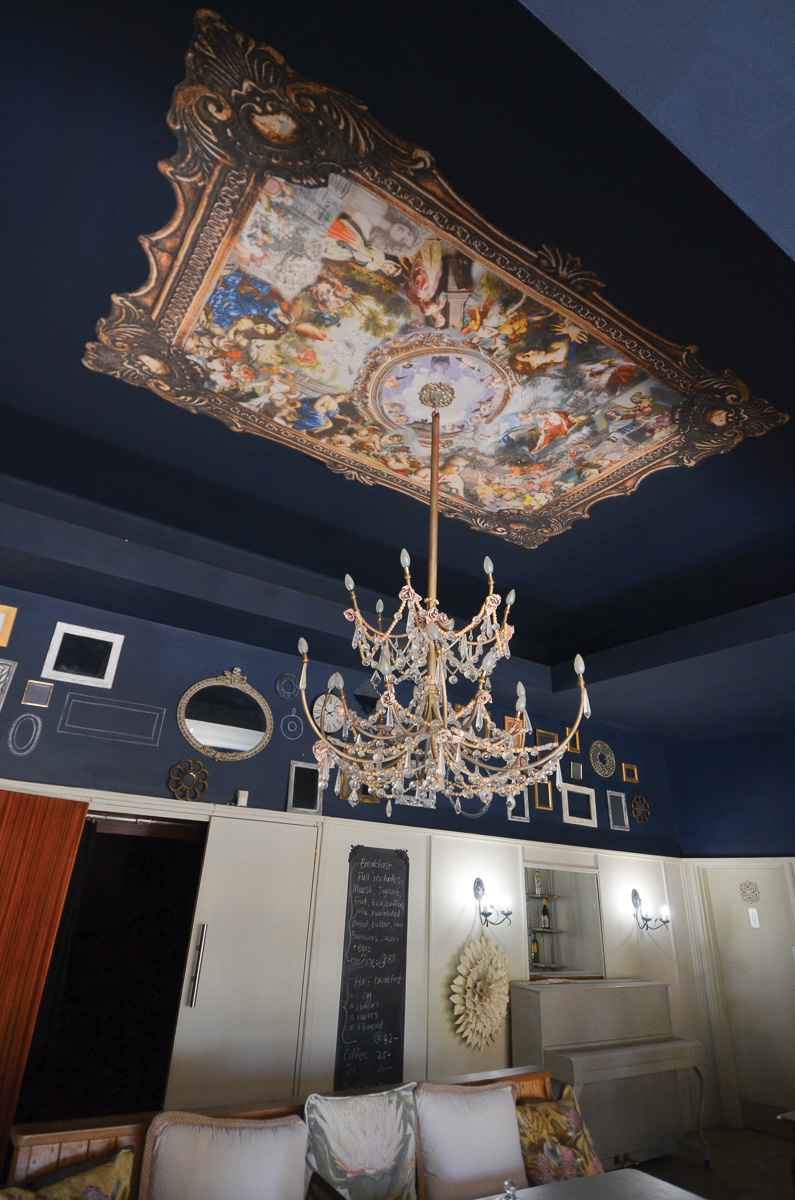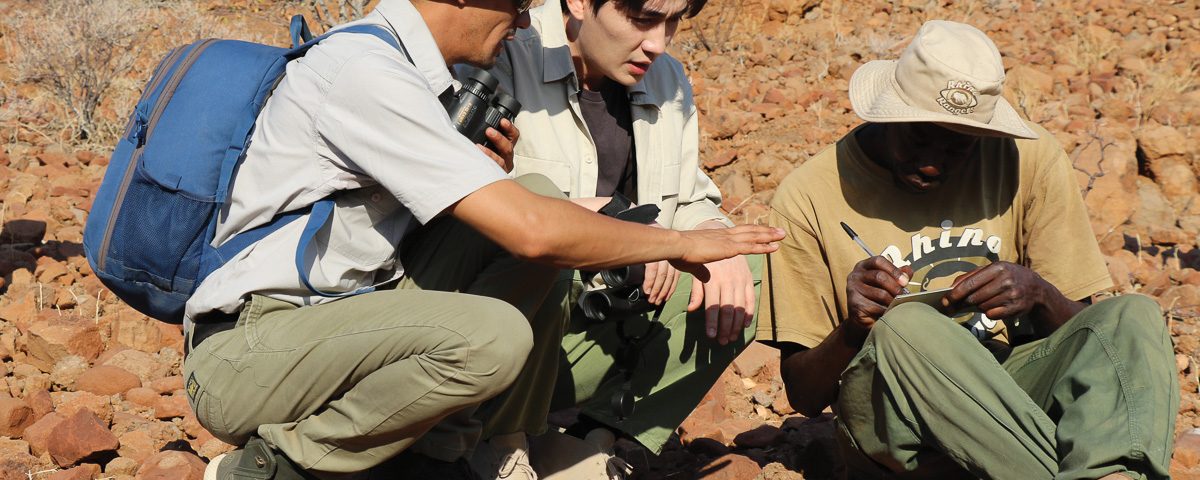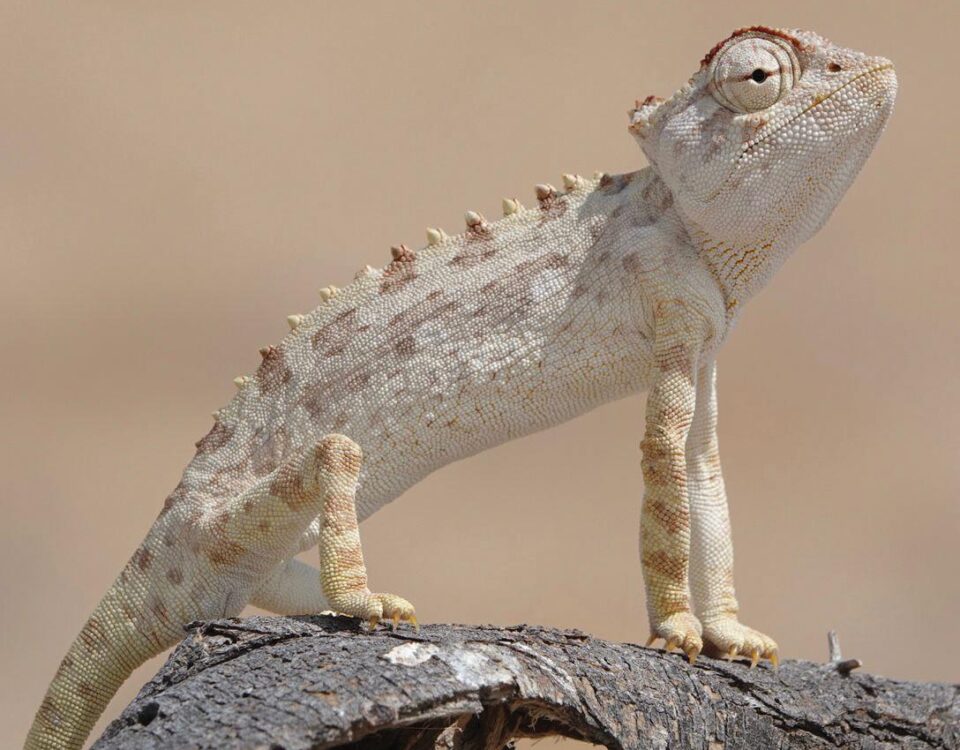
Kaokoveld: Once upon a time Namibia’s Wild West
January 10, 2020
Teaterhuis: A night at the theatre
January 10, 2020[vc_row][vc_column][vc_column_text]
Text and Photographs Ginger Mauney
[/vc_column_text][/vc_column][/vc_row][vc_row][vc_column][vc_column_text]
Working with WWF in Namibia to raise awareness for the protection of rhinos, Ginger Mauney accompanied a team from Condé Nast China Traveler magazine to share Namibia’s conservation story and to forge a partnership for change that can help to stop the illegal trade in wildlife products. September 2019 marked two years without a single rhino poaching incident in north-western Namibia, but while Save the Rhino Trust Namibia, Conservancy Rhino Rangers and the Ministry of Environment and Tourism continue their efforts, the demand for rhino horn still exists in Asia.
[/vc_column_text][/vc_column][/vc_row][vc_row][vc_column][vc_column_text]
Travel is fatal to prejudice, bigotry, and narrow-mindedness, said Mark Twain, the American author and humorist.
This point was beautifully demonstrated to me recently, not through travel to a far-off place to explore an exotic culture, but by travelling with people from a distant land in the country I call home – Namibia.
Over a four-day period with a crew from Condé Nast China Traveler magazine any stereotypes I had loosely held about Chinese travellers, and particularly Chinese in Africa, were challenged on day one, withered by day two and were destroyed by day four.
A team of bright, energetic, interesting and interested young people, led by Shawn Ong, the Deputy Editorial Director, were in Namibia to do a cover story for the October issue of Condé Nast Traveler, a glossy, high-end magazine, published in nine countries, that was launched in China in March 2013.
When I met Shawn, and the photographer and videographer at Eros Airport, there was one problem. They didn’t have cameras. Their flights had been delayed, their luggage lost and they arrived in Namibia ready to capture stunning images but with no equipment that would allow them to do so.
Leaving the airlines to sort out the luggage debacle, we flew to Damaraland Camp – Wilderness Safaris Namibia and the Torra Conservancy’s joint venture property in the northwest of Namibia – to begin scouting for the shoot.
With expert advice from Eunice Wang and her company, Eunique Travel, the team had chosen to go to Damaraland, not just because of the stunning landscapes and warm, friendly people, but also because they were interested in rhino conservation.
Their plan was to do the cover shoot, a video to promote it and a separate story and video on rhino conservation. That was the plan. But there was another problem. The rest of the production team’s flight had been delayed in Beijing and they would be a day late, which meant that what was already a tight schedule, became even tighter.
When the entire production schedule was blown, Shawn laughed. We went to Fonteinpos village and he laughed with the children there. He laughed as he sang along with the staff at Damaraland Camp and he laughed when he saw a giraffe for the first time.
It wasn’t the laughter of a crazy person, but that of a seasoned professional who understands that when you travel there are certain things – like the weather and checked luggage – that are simply out of your control. It was the laughter of a kind man who connected with local children and camp staff and saw the spectacular beauty of the land and its wildlife.
[/vc_column_text][/vc_column][/vc_row][vc_row][vc_column width=”1/3″][vc_single_image image=”61793″ img_size=”full”][/vc_column][vc_column width=”1/3″][vc_single_image image=”61792″ img_size=”full”][/vc_column][vc_column width=”1/3″][vc_single_image image=”61790″ img_size=”full”][/vc_column][/vc_row][vc_row][vc_column width=”2/3″][vc_column_text]
When the rest of the crew finally arrived the laughter continued, and at the centre of it all was a quiet, charismatic young man, Zhu Yilong. To those who know Chinese television and film, Yilong is a well-known actor, as well as a spokesman for brands such as Chopard, Coca Cola and L‘Oreal. He has over 18 million followers on Weibo, the Chinese version of Twitter, and his digital magazine sold 410,000 copies in 1 second.
At Damaraland Camp he was one of the team, yet it was his interest in rhino conservation that had prompted this trip. Through interpreters we talked about the challenges faced by Save the Rhino Trust Namibia (SRT) trackers and Conservancy Rhino Rangers as they work to protect the last free-roaming population of black rhinos left on earth.
The next day Yilong was part of these efforts. We travelled further north, where we met SRT trackers and Rhino Rangers and tracked a young rhino bull through thick mopane bush. Yilong and the crew spent time with Sebulon Hoeb, one of SRT’s most experienced trackers and leaders, and his son, Hofney, part of the next generation of rhino protectors who works as a Rhino Ranger in one of the conservancies, where communities benefit from the presence of rhinos through employment, tourism and joint venture partnerships.
For the entire team, this was a brief immersion into a world they wanted to explore and we were keen to share. While Namibians work hard to protect rhinos in their natural habitat, we need partners around the world who will work equally hard to stop the demand for rhino horn.
Rhino horn is keratin, the same substance as found in our hair and nails. It does not cure illness and it does not bestow status. Through Condé Nast Traveler and these bright, well-connected individuals, this information can be shared with millions of people in demand markets, particularly China and Vietnam, to help end the illegal trade in rhino horn and other endangered species products.
On September 22, World Rhino Day, Yilong became a Global Ambassador for WWF China with a mission to encourage responsible travel and to STOP the illegal trade in endangered wildlife products, with a strong emphasis on rhino horn.
Yilong, Shawn, Eunice and the rest of this spirited team from China are part of the solution. With their belief in using the power of China for the common good, they will make a difference to the conservation of endangered species and, as they travel, they will break down prejudice, while spreading hope and laughter. I’d be happy to travel with them anytime.
[/vc_column_text][/vc_column][vc_column width=”1/3″][vc_separator color=”custom” style=”dotted” border_width=”3″ accent_color=”#008080″][vc_column_text]
Eunice Wang, CEO of Eunique Travel and African safari travel enthusiast said, “Images of Namibia, the dunes, the elusive wildlife against its vastness, plus the added wonder that is the existence of luxury camps in seemingly impossibly remote locations, conjure up romance for Chinese visitors who are growingly in search of experiences beyond the material cosmopolitan offerings that they have frequented.
We have identified many Chinese operators local to Namibia to provide ancillary services in culture and language, and sometimes diet, friendly to Chinese visitors, to pair with the stunning offerings of leading safari operators like Wilderness Safaris. Through our network of clients and industry colleagues, we have been able to communicate and promote tourism in Namibia quite successfully, and believe that what we see today is but the tip of the iceberg of things to come.
As a result of arranging Zhu Yilong’s visit to Damaraland and his rhino tracking experience, inquiries both to our industry colleagues and us have picked up significantly.”
[/vc_column_text][vc_separator color=”custom” style=”dotted” border_width=”3″ accent_color=”#008080″][/vc_column][/vc_row][vc_row][vc_column][vc_column_text]This article was first published in the Summer 2019/20 issue of Travel News Namibia.[/vc_column_text][/vc_column][/vc_row]


